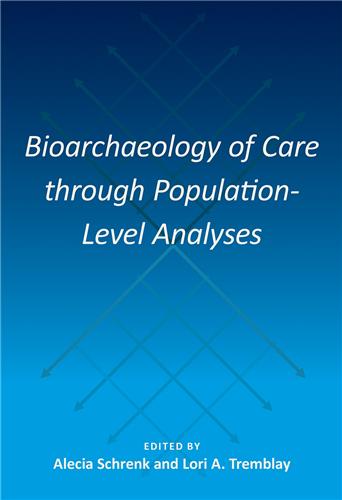The Baldwin Library of Historical Children’s Literature, part of Special and Area Studies in the Smathers Libraries at the University of Florida, is one of the largest and most comprehensive collections of children’s books in the world. This lushly illustrated volume offers a glimpse into rarities and wonders of the Baldwin.
University of Florida Press
Please note that while you may order forthcoming books at any time, they will not be available for shipment until shortly before publication date
Illustrating the diversity of disciplines that intersect within global health studies, contributors to this volume explore the development and representation of public health in Latin American countries.
This volume explores the local specificities and global forces that shaped Jewish experiences in the Americas across five centuries, illuminating the culturally, religiously, and politically diverse lives of Jewish minorities in the Western Hemisphere.
This book explores the many aspects and outcomes of NASA’s research in life sciences, a little-understood endeavor that has often been overlooked in histories of the space agency
Representing current and emerging methods and theory, this volume introduces new avenues for exploring how prehistoric and historic communities provided healthcare for their sick, injured, and disabled members.
This book provides the first comprehensive synthesis of historical and archaeological investigations conducted at the fortified settlements built by Spain in the Florida panhandle from 1698 to 1763.
Bringing together an unprecedented number of extensive personal stories, this book shares the triumphs and heartbreaking moments experienced by some of the first Cubans to come to the United States after Fidel Castro took power in 1959.
Focusing on the didactic nature of the work of Reinaldo Arenas, this book demonstrates the Cuban writer’s influence as public pedagogue, mentor, and social activist whose teaching on resistance to normative ideologies resonates in societies past, present, and future.
African American Studies: 50 Years at the University of Florida provides an impactful overview of African American Studies; documents the research of Black faculty at UF; examines how African American Studies encourages community engagement and service; contains testimonies from community elders; and includes reflections by and about prominent UF alumni such as Judge Stephan Mickle and Dr. David Horne.
An incisive analysis of contemporary crime film in Brazil, this book focuses on how movies in this genre represent masculinity and how their messages connect to twenty-first-century sociopolitical issues.











